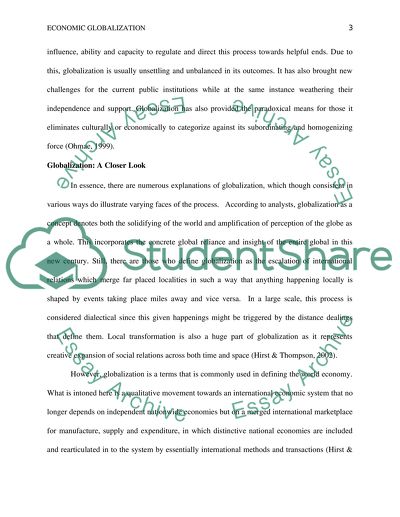Cite this document
(Views and Explanations of Globalization Coursework Example | Topics and Well Written Essays - 3250 words, n.d.)
Views and Explanations of Globalization Coursework Example | Topics and Well Written Essays - 3250 words. https://studentshare.org/macro-microeconomics/1633683-1-is-the-world-economy-becoming-more-globalized-more-internationalised-more-westernised-or-more-neoliberal-discuss
Views and Explanations of Globalization Coursework Example | Topics and Well Written Essays - 3250 words. https://studentshare.org/macro-microeconomics/1633683-1-is-the-world-economy-becoming-more-globalized-more-internationalised-more-westernised-or-more-neoliberal-discuss
(Views and Explanations of Globalization Coursework Example | Topics and Well Written Essays - 3250 Words)
Views and Explanations of Globalization Coursework Example | Topics and Well Written Essays - 3250 Words. https://studentshare.org/macro-microeconomics/1633683-1-is-the-world-economy-becoming-more-globalized-more-internationalised-more-westernised-or-more-neoliberal-discuss.
Views and Explanations of Globalization Coursework Example | Topics and Well Written Essays - 3250 Words. https://studentshare.org/macro-microeconomics/1633683-1-is-the-world-economy-becoming-more-globalized-more-internationalised-more-westernised-or-more-neoliberal-discuss.
“Views and Explanations of Globalization Coursework Example | Topics and Well Written Essays - 3250 Words”. https://studentshare.org/macro-microeconomics/1633683-1-is-the-world-economy-becoming-more-globalized-more-internationalised-more-westernised-or-more-neoliberal-discuss.


